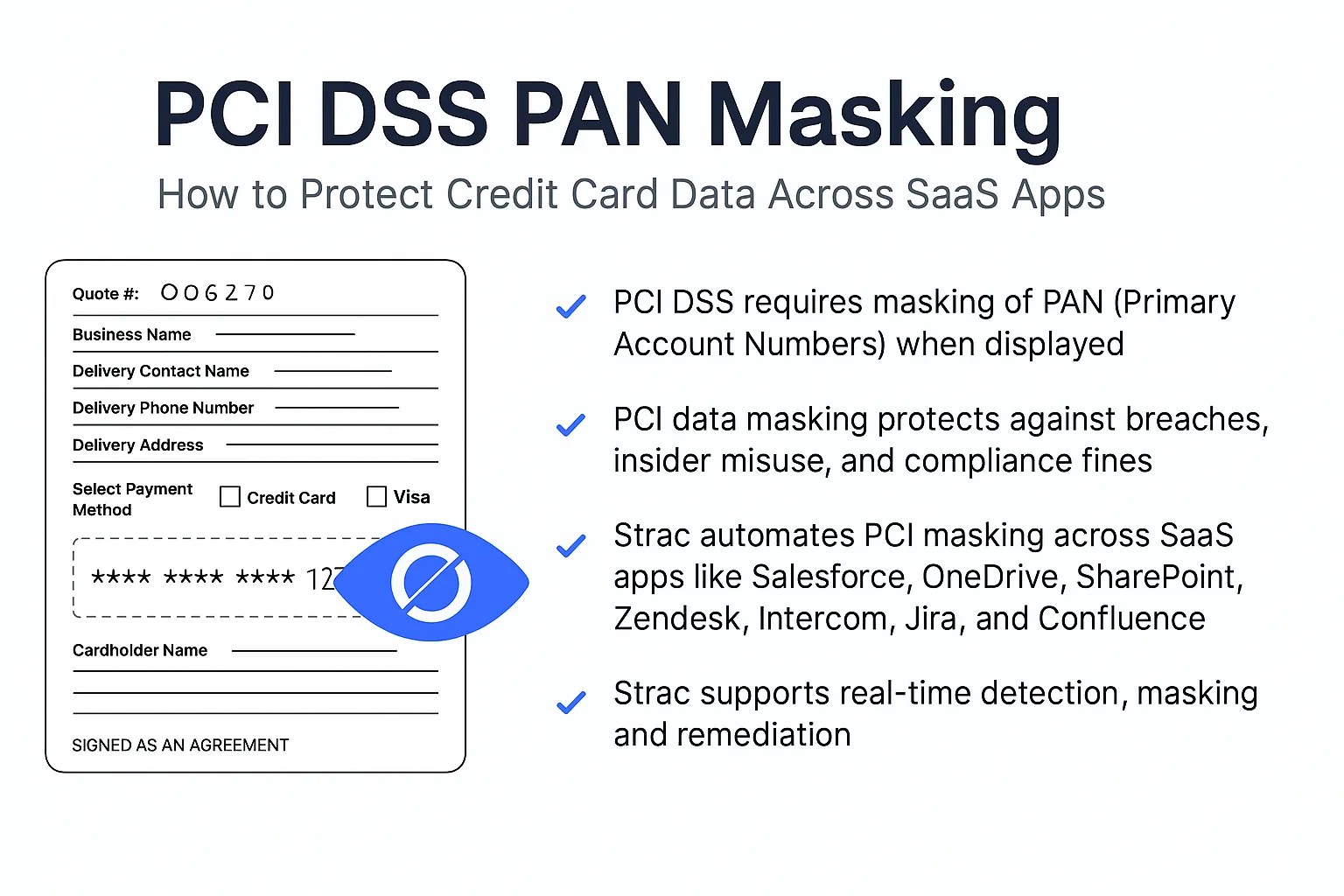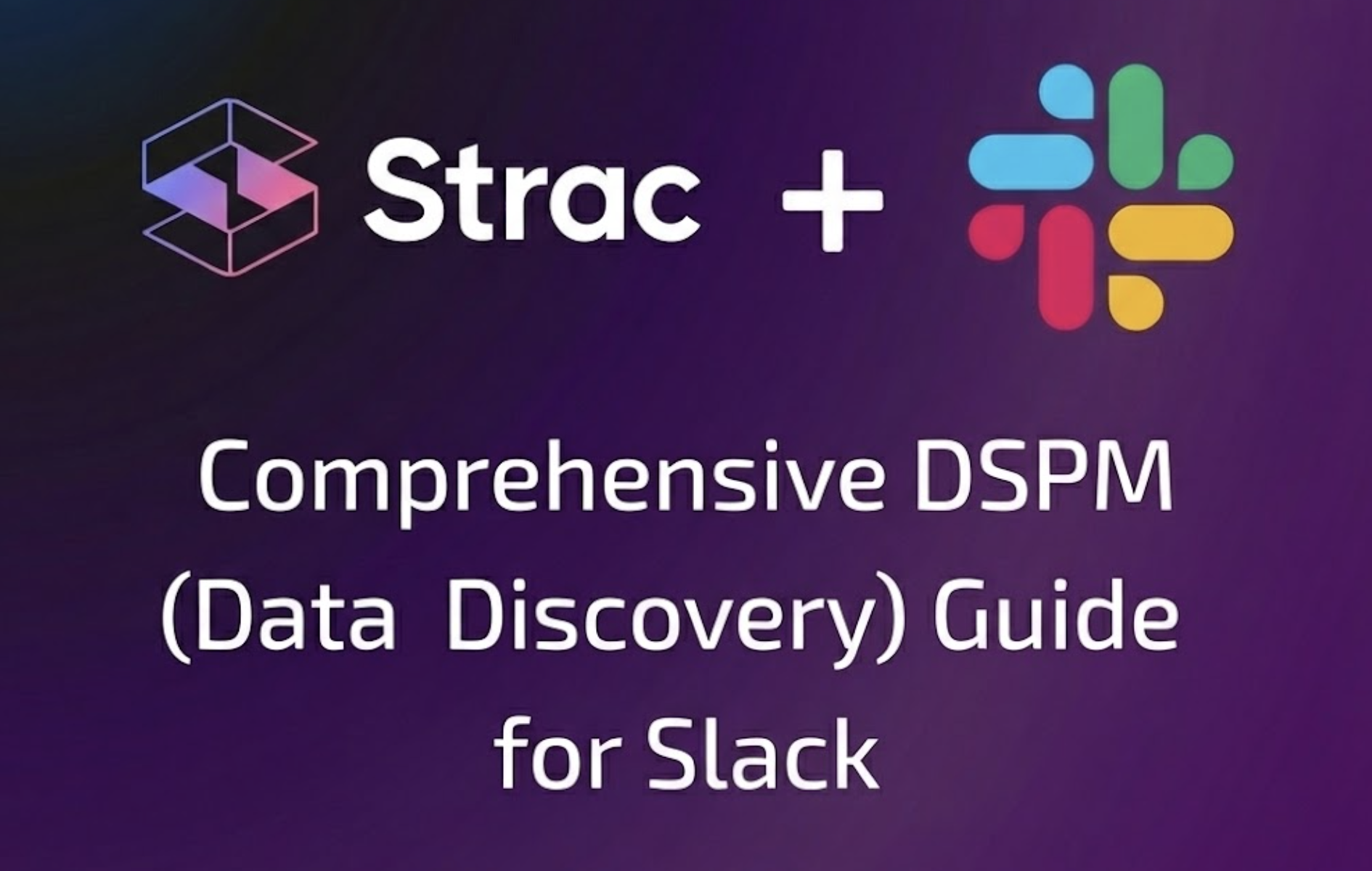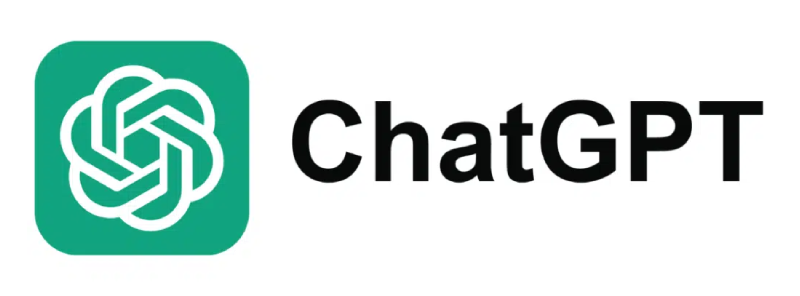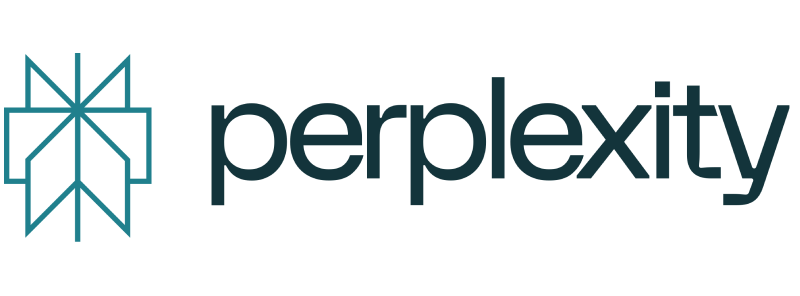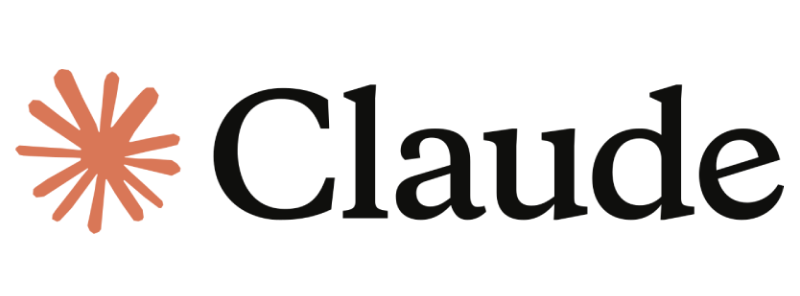Slack has quietly become the largest unstructured data system inside most organizations — chat logs, customer screenshots, PHI, PCI, credentials, API keys, contracts, HR conversations, support history, source code snippets, access tokens, financials… all buried in channels, threads, DMs, huddles, files, and integrations.
And here’s the uncomfortable truth:
Slack wasn’t built to be a data vault. It became one by accident.
Even worse:
You can’t protect what you can’t see.
That’s exactly where Slack DSPM (Data Discovery) comes in.
This is the tactical, real-world guide Slack teams should have had years ago.
TL;DR (Numbered)
- Slack DSPM (Data Discovery) gives full visibility into sensitive data across messages, files, DMs, private channels, public channels, and integrations.
- Most Slack risk comes from historical messages, public channels, external users/guests, integrations, and file uploads.
- DSPM identifies what sensitive data exists, where it lives, who can access it, and how exposed it is.
- Remediation includes redaction, deletion, removing external users, restricting channels, and revoking app access.
- DSPM is critical before enabling AI copilots, Slack AI, or LLM-powered search.
- Strac provides scanning, classification, access mapping, redaction, deletion, and bulk remediation for Slack.
What Is Slack DSPM (Data Discovery)?
Slack DSPM (Data Discovery) is the process of:
- Discovering sensitive data across Slack messages and files
- Classifying it (PII, PHI, PCI, secrets, IP, confidential docs)
- Mapping access (internal, external, public, third-party apps)
- Assessing exposure and risk
- Remediating unsafe content and access
In short:
DSPM = Visibility + Understanding + Action
Slack is not “just chat.”
It’s an informal database of sensitive information.
And it's growing every minute.
✨ Slack DSPM (Data Discovery) vs Slack DLP — Why You Need Both
Think of it like this:
✅ DSPM = X-ray
✅ DLP = Treatment
DSPM answers:
- What sensitive data already exists in Slack?
- Where is it?
- Who can access it?
- How exposed is it?
DLP answers:
- How do we stop new leakage moving forward?
Together, they create closed-loop protection.
Checkout Strac Slack DLP for in-depth details.
✨ Why Companies Need Slack DSPM (Data Discovery)

Slack has become the default home for:
- Support triage and screenshots
- DevOps secrets and tokens
- Customer PII and ticket escalations
- Medical/insurance conversations
- HR and payroll discussions
- Financial updates and spreadsheets
- Engineering code snippets
- Legal and M&A chatter
- Incident response logs
And these realities make Slack high-risk:
✅ 1. Unstructured Message Sprawl
Messages never stop.
Employees:
- Paste
- Upload
- Share
- Forward
- Thread
…across thousands of channels and DMs.
Nothing is reviewed. Everything persists.
✅ 2. Public & Wide-Open Channels
Many companies have:
- #general open to entire org
- Hundreds of public channels
- Shared channels with partners
- Channels with 1,000+ members
One message can expose thousands of people to PCI/PHI instantly.
✅ 3. External Users & Guests
Slack routinely includes:
- Agencies
- Vendors
- Freelancers
- Contractors
- Customer success partners
These users often retain access long after they should.
✅ 4. File Uploads
Slack stores:
- PDFs
- Spreadsheets
- Zip files
- Screenshots
- Images
- Documents
Many contain:
- PHI
- PCI
- API keys
- Credentials
- Contracts
- Financials
Slack becomes a file system — without governance.
✅ 5. Departed Employees
Slack data persists:
- Ownership doesn’t change
- Access isn’t always reassigned
- Risk becomes invisible
Slack never forgets.
✅ 6. Compliance Gaps
SOC2, ISO, HIPAA, PCI, GDPR all require:
- Data inventory
- Access control
- Retention policies
- Risk mitigation
Without DSPM, Slack fails all four.
✅ 7. Shadow Apps & Integrations
Slack apps can:
- Read messages
- Access files
- Extract data
- Store information externally
Most companies don’t know which apps are connected — or what they can see.
✨ Historical Scanning in Slack DSPM (Data Discovery)

But the real danger lives in:
- Years of messages
- Abandoned channels
- Old threads
- Archived conversations
- Legacy Slack workspaces
- Historic files and uploads
- DM history with sensitive content
Historical scanning answers:
- What sensitive data already exists?
- Where is it?
- Which channels contain it?
- Who can access it?
- Is it external?
- Is it public?
- Is it searchable?
- Is it connected to apps?
Without historical scanning, you’re blind to 90% of Slack risk.
✨ Access Visibility in Slack DSPM (Data Discovery)
Finding sensitive data is not enough.
You must know:
Who can see it?
Slack DSPM (Data Discovery) identifies:
- Channels with external users
- Data shared in public channels
- Files accessible org-wide
- Private channels storing PCI/PHI
- DMs with sensitive content
- Guest access
- App access
- Bot access
This is the difference between:
“This message contains an SSN.”
and
“This message contains an SSN and 800 users — including vendors — can see it.”
Only the second is an emergency.
✨ Remediation in Strac Slack DSPM (Data Discovery)
Visibility without action is useless.
Slack DSPM remediation includes:
✅ Redacting sensitive message content
✅ Deleting risky files
✅ Removing external users
✅ Restricting channels
✅ Revoking app access
✅ Blocking future uploads
✅ Bulk remediation
With Strac, admins can:
- Redact PHI, PCI, PII, secrets, credentials
- Delete files from Slack
- Remove vendors/guests
- Fix exposure across hundreds of channels
- Quarantine content
- Alert channel owners
- Enforce retention policies
Slack risk can drop in hours — not months.
How Strac Solves Slack DSPM (Data Discovery)
Strac provides:
✅ Historical scanning
✅ OCR for images & files
✅ AI/ML + pattern detection
✅ Sensitive data classification (PII, PHI, PCI, secrets, IP)
✅ Access visibility
✅ Public/external user detection
✅ Risk scoring
✅ Redaction & deletion
✅ Bulk remediation
✅ Alerts to Slack/Teams/SIEM
✅ Compliance reporting
Strac supports:
- Slack
- Google Drive
- SharePoint
- OneDrive
- Teams
- Salesforce
- Zendesk
- Jira
- AWS
…and dozens more.
🔗 Explore all integrations: https://www.strac.io/integrations
🌶️ Spicy FAQs on Slack DSPM (Data Discovery)
Does Slack already protect sensitive data?
Slack protects storage — not exposure.
DSPM finds sensitive data, maps access, and fixes risk Slack never surfaces.
Can Slack DSPM help prevent AI leakage?
Yes — by removing exposure before AI is enabled.
Can Slack DSPM find sensitive data in files and images?
Only with OCR. Strac does.
What’s the difference between Slack DSPM and Slack DLP?
DSPM = Find and fix historical risk.
DLP = Prevent future leakage.
You need both.
Can Slack DSPM automatically redact messages or delete files?
With Strac — yes, and in bulk.
Does Slack DSPM help with SOC2, HIPAA, PCI, GDPR?
Absolutely. Slack DSPM creates the inventory, access controls, and evidence auditors require.











.webp)














.webp)
